Tunisia
Tunisian President Kais Saied on Tuesday sacked Foreign Minister Othman Jerandi, who is the fourth minister to lose his post since the beginning of the year in a tense political context in the country.
The presidency announced, on its official website, the replacement of Mr. Jerandi, in office since September 2020, by Nabil Ammar, Ambassador of Tunisia to the European Union.
She did not give any details on the reasons for this decision which concerns for the first time a sovereign ministry.
Since the beginning of January, Mr. Saied has already dismissed three ministers: the Minister of Trade as well as the Ministers of Agriculture and Education.
These decisions come as Tunisia has been plagued by deep divisions since the coup by President Saied who assumed all powers in July 2021, before revising the Constitution a year later to return to an ultra- presidential-ist similar to that before the 2011 Revolution and the fall of dictator Ben Ali.
Des élections législatives organisées le 17 décembre et le 29 janvier pour élire un nouveau Parlement aux prérogatives fortement limitées par la loi fondamentale se sont soldées par une abstention record de quasi 90% des inscrits. L'opposition a boycotté unanimement le scrutin pour dénoncer un processus menant, selon elle, à une "dérive autoritaire".
La grande centrale syndicale UGTT, qui avait approuvé initialement le coup de force de M. Saied, a pris ses distances et a lancé ces dernières semaines une initiative pour "un plan de sauvetage" politique et économique du pays.
In addition to these political tensions, Tunisia is also shaken by a financial crisis because of a debt bordering on 80% of the GDP, at the origin, according to experts, of recurrent shortages of basic products for lack of sufficient supplies.
To give oxygen to its economy, Tunis has been negotiating for months an agreement for a new loan from the International Monetary Fund (IMF) of 1.9 billion euros in return for reforms.
The talks which had led to an agreement in principle from the IMF in mid-October came up against, according to experts, the reluctance of the Tunisian president to lift state subsidies on certain basic products.



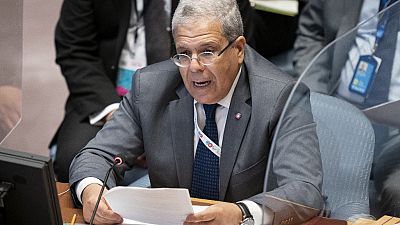

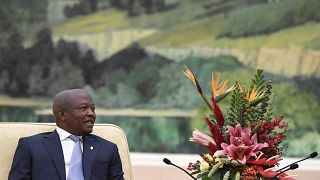
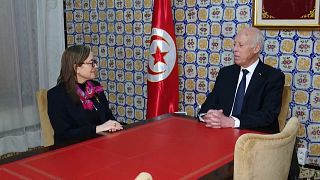


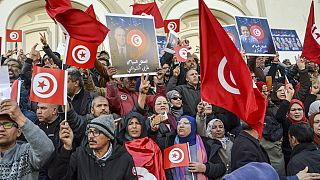

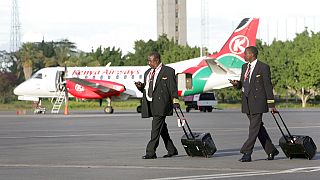
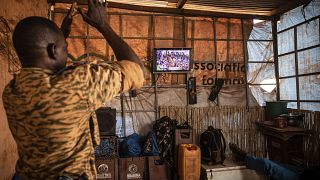
Go to video
British police charge two men after Channel migrant deaths
Go to video
Namibia: Tourists pose naked at Big Daddy Dune in Namib Desert, Govt expresses anger
01:02
Pics of the day: April 25, 2024
01:09
Tanzania: Death toll from flooding rises to 155 as heavy rains continue in Eastern Africa
Go to video
Kenyan government recommends regulating, not banning TikTok
Go to video
Over 100 inmates break free from a Nigerian prison after heavy rains